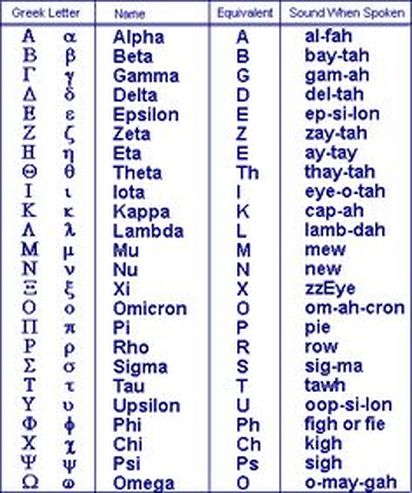

One of that collection’s best-known works, for example, is “To the reverend shade of his religious Father,” in which Herrick resurrects his father by eternizing him in poetry: “For my life mortall, Rise from out thy Herse, / And take a life immortal from my Verse.”īy age 16 Herrick was apprenticed to his uncle, but apparently found either Sir William Herrick or the goldsmith trade incompatible, for the ten-year apprenticeship was terminated after six years. His mother never remarried, and it seems more than a coincidence that father figures would loom large in the poet’s Hesperides. He was little more than 14 months old when his father apparently committed suicide by “falling” from an upper story window of his house in Cheapside on November 9, 1592. Robert Herrick, baptized on August 24, 1591, was the seventh child and fourth son of a London goldsmith, Nicholas Herrick, and Julian (or Juliana or Julia) Stone Herrick. In short, Robert Herrick, who was proud to be one of “the Sons of Ben,” has begun to be seen, along with his literary father Ben Jonson, as one of the most noteworthy figures of early-17th-century English poetry. While some of his individual poems-“ To the Virgins, to Make Much of Time,” “ Upon Julia’s Clothes,” and “ Corinna’s going a Maying,” for example-are among the most popular of all time, recent examinations of his Hesperides as a whole have begun to reveal a Herrick whose artistry in the arrangement of his volume approximates the artistry of his individual works and whose sensibility is complex but coherent, subtle as well as substantive. Long dismissed as merely a “minor poet” and, as a consequence, neglected or underestimated by scholars and critics, the achievement represented by his only book, the collection of poems entitled Hesperides: Or, The Works Both Humane & Divine (1648), is gradually coming to be more fully appreciated. Almost forgotten in the 18th century, and in the 19th century alternately applauded for his poetry’s lyricism and condemned for its “obscenities,” Robert Herrick is, in the latter half of the 20th century, finally becoming recognized as one of the most accomplished nondramatic poets of his age.


 0 kommentar(er)
0 kommentar(er)
